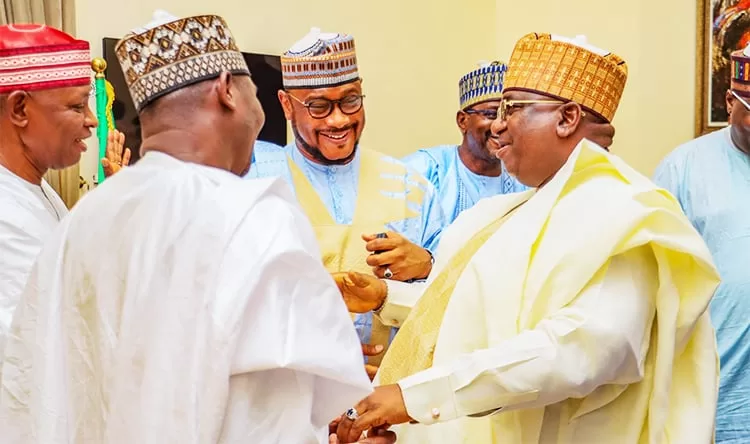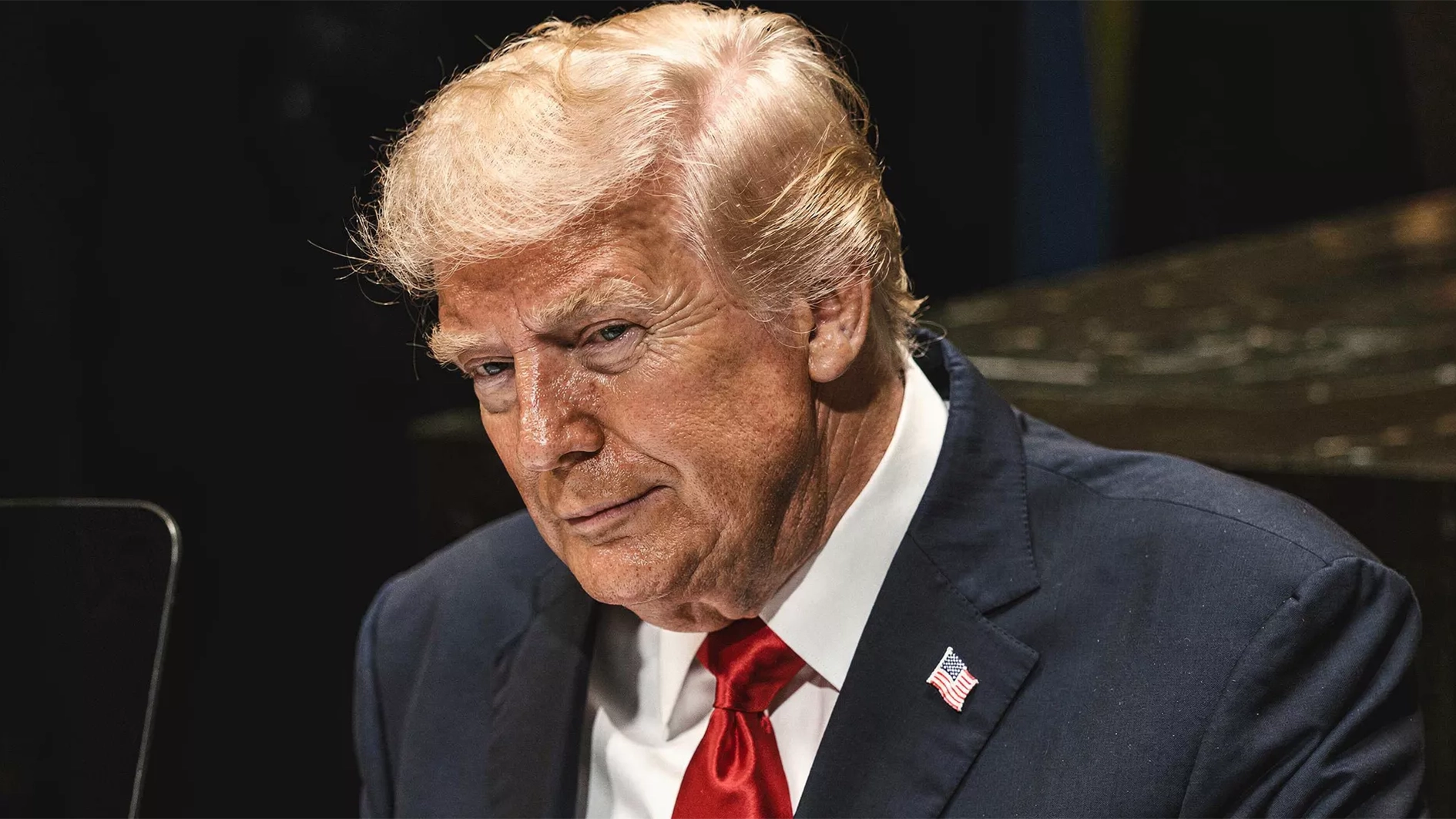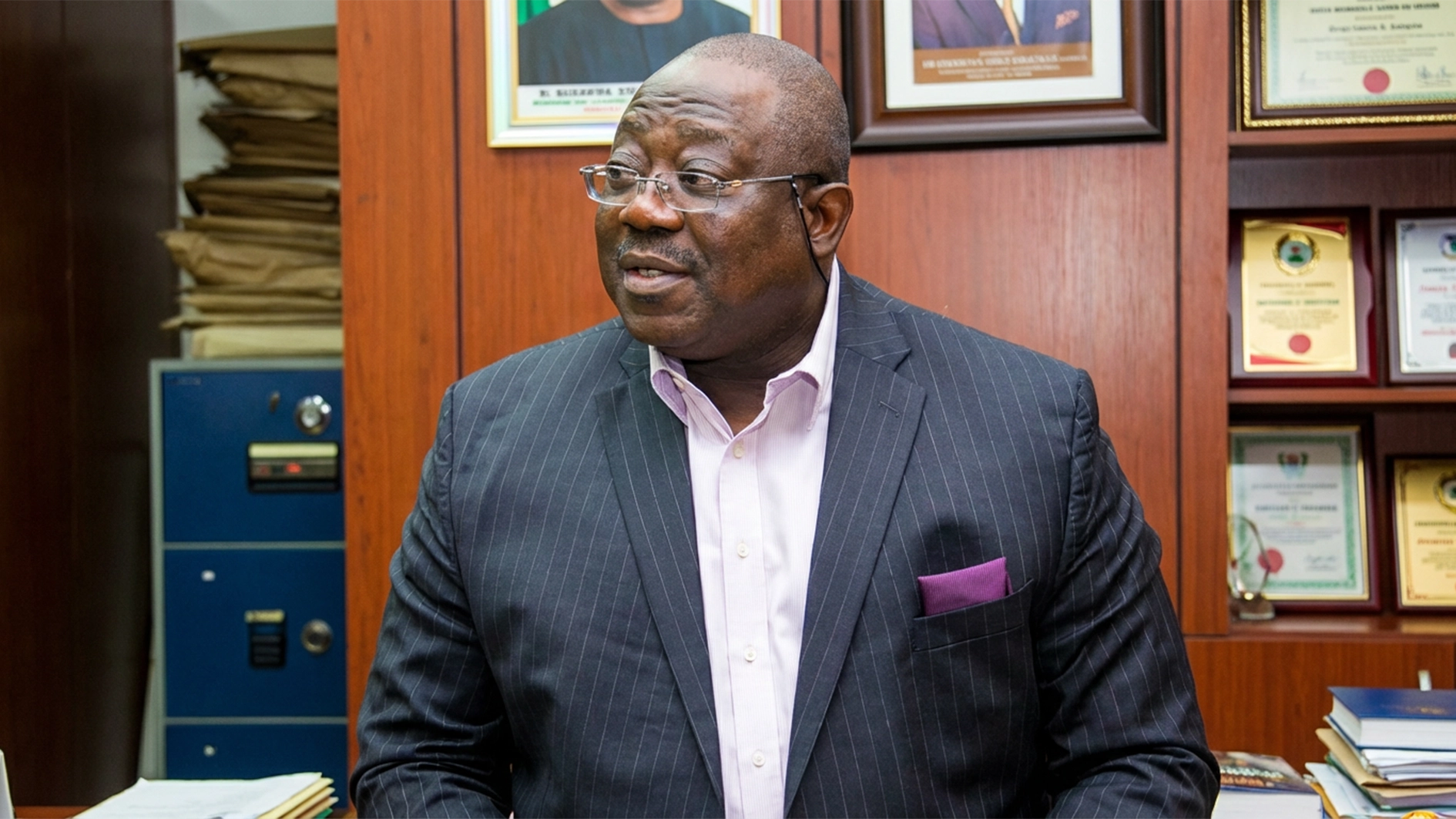In the last few years, Africa has witnessed a wave of paradigm-shifting events that signal a continent in transition. In 2021, the African Continental Free Trade Area (AfCFTA) launched with the promise of deepening regional integration and mobility, birthing what is now the world’s largest single market by country participation. In 2024, Ghana granted citizenship to 524 African diasporans, mainly African Americans — as part of its “Beyond the Return” initiative, a sequel to the iconic “Year of Return.” Then in early 2025, Benin passed a landmark law offering citizenship to Afro-descendants globally, reaching especially into Brazilian and Caribbean diasporas. This is expected to be another creative way to attract billions in foreign direct investment and global talent.
Together, these developments reflect a rising awareness: That citizenship is not just legal status, but a platform for participation, heritage, and opportunity. These developments also underscore an urgent truth – Africa must accelerate its shift toward institutionalising global citizenship.
In today’s fast-changing world, where people move with ease, stay connected digitally, and navigate global uncertainties, the question has shifted from “Which country do I belong to?” to “What does it mean to belong to the world?” This shift is challenging both individuals and governments to rethink identity, safety, and opportunity. At the heart of this conversation are two ideas – multiculturalism and global citizenship, closely tied to the rising interest in second residencies and dual citizenship.
All over the world, people are acquiring new nationalities, not just for cultural belonging but for protection, mobility, and future-proofing their families. From Nigerians securing Grenadian citizenship to Chinese investors applying for Portugal’s Golden Visa, second passports are no longer elite luxuries; they are smart strategies in a globalised world.
In the past, identity was based on shared language, ethnicity, and a singular cultural narrative. Nations were seen as uniform and closed. But today, migration, growing diasporas, and economic interdependence have blurred these old boundaries. Countries like Canada, the UK, and Singapore officially embrace multiculturalism. Canada’s Multiculturalism Act (1988) frames cultural diversity as central to national identity. In the UK, in spite of its recent immigration noose tightening, diverse communities, from Jamaican to Nigerian, have reshaped what it means to be “British.”
These evolving models encourage many to seek citizenship in nations that offer diversity, freedom, and mobility. After Brexit, UK citizens increasingly applied for Irish passports to retain EU access.
Modern multiculturalism does not erase difference; it weaves it into a shared national tapestry. In Singapore, national holidays reflect its ethnic mix, celebrating Deepavali, Chinese New Year, and Hari Raya. Article 152 of the Singapore Constitution obliges the government to care for the interests of racial and religious minorities. While the Presidential Council for Minority Rights ensures that legislation does not discriminate against minority communities.
Today more people than ever are seeking second citizenships to secure their stability, mobility, and access. Ukrainians and Afghans seek safety in Europe, wealthy Africans and Asians use investment programmes in Portugal, Malta, and Greece to preserve business continuity. Caribbean countries like St. Kitts and Antigua offer quick, investment-based citizenship, popular among Nigerians and Middle Easterners. Slovenia’s repatriation pathway is attracting Africans with ancestral links. This is less about abandoning one’s homeland and more about creating a safety net.
Currently, over 20 countries offer citizenship-by-investment programmes, a $22 billion global industry. In 2023, over one million individuals gained EU citizenship, many from sub-Saharan Africa.
If multiculturalism is about living together within borders, global citizenship is about acting beyond them. In a world shaped by climate change, pandemics, and digital economies, local and global are deeply intertwined. The EU’s freedom of movement or global youth activism like Fridays for Future, show how cross-border identities are becoming the norm. Educational programmes like the International Baccalaureate embed global ethics, shaping citizens loyal not only to birthplace, but to shared human values like human rights, justice, equity, and environmental responsibility.
This broader belonging allows for complex identities; you can be Nigerian and Canadian, Syrian and Swedish, Muslim and British. To support this new identity landscape, institutions must evolve. Start with inclusive education, like Rwanda’s genocide-era curriculum reform, which teaches reconciliation. Embrace national days that honour diverse histories, like Juneteenth in the U.S. Legal systems must also catch up. Countries like Turkey, Spain, and Ireland now support dual citizenship and flexible residency, creating space for diaspora return, investment, and cultural growth. Under its 2024 reforms, non-EU nationals, including Africans, Americans, and Asians, can now retain their original citizenship while becoming German. This was considered a strategic move by the country to align with modern realities of transnational identity and global mobility.
The global rush for second citizenship is not just about travel freedom or safety; it’s a movement of building bridges across cultures, strengthening global networks, and rewriting the script of belonging. For Africa to keep pace, it must institutionalise multiculturalism in governance, reform education to embed global values, redefine national identity through inclusive narratives, and empower its diaspora and global networks. The future belongs not to those who cling to old borders, but to those bold enough to live beyond them.
• Dr. Ezurike, an Opt-in member of the Harvard Business Review Advisory Council, wrote in from Lagos






